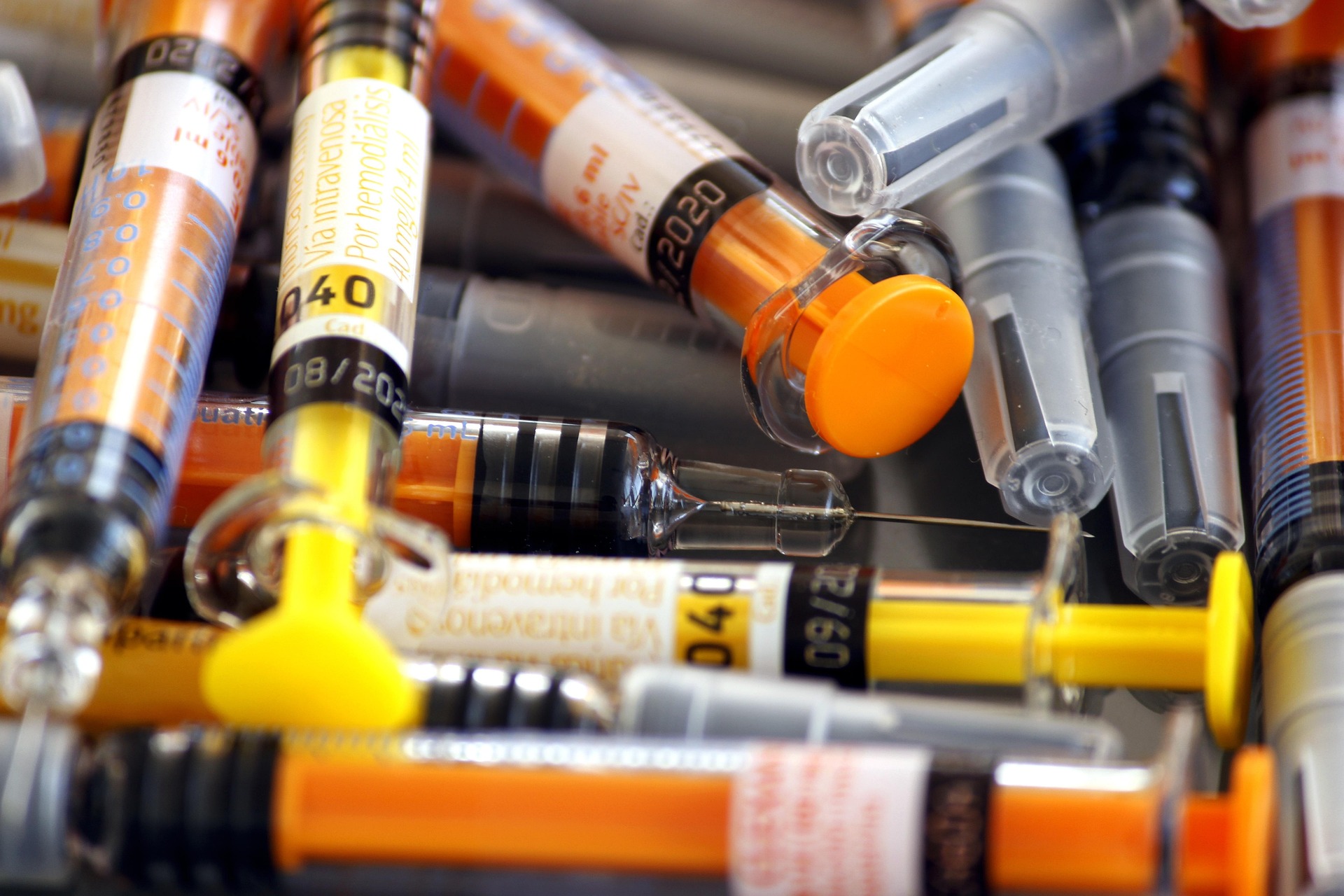Article Highlights:
- OTC Remedies To Pack: Essential treatments include Pepto-Bismol, Imodium, ORS, probiotics, and activated charcoal.
- Know the Regulations: Some countries, like France and Germany, ban or limit certain anti-diarrheal medications.
- Prevention Is Key: To reduce risks, stick to bottled water, avoid raw foods, and sanitize hands frequently.
- Understand Symptoms and Treatment: TD lasts 3-5 days without treatment. OTC meds help, but antibiotics might be necessary for severe cases.
- Global Rescue Membership: This membership offers 24/7 medical support, evacuation services, and access to local pharmacies, ensuring peace of mind when traveling.
Traveler’s diarrhea (TD) is one of the most common illnesses among tourists. It can strike on any type of trip, whether for business, leisure, or adventure travel. According to the CDC, TD affects between 30% and 70% of international travelers, with risks especially high in developing regions. When it hits, having access to the right over-the-counter (OTC) medicines can make a significant difference in recovery.
Understanding Traveler’s Diarrhea: Causes and Symptoms
TD occurs when travelers ingest bacteria, viruses, or parasites in contaminated food or water. Pathogens such as E. coli, Salmonella, Giardia, and norovirus are common culprits. Poor hygiene practices in food preparation—especially at street markets or buffet settings—contribute to this illness.
Symptoms include:
- Diarrhea and abdominal cramping
- Nausea and vomiting
- Fever and fatigue
- Dehydration
If untreated, symptoms typically last three to five days. Although TD is rarely life-threatening, it can derail travel plans and, in severe cases, require medical evacuation.
Effective OTC Medicines for Traveler’s Diarrhea
These are the commonly used OTC medicines for treating TD, their active ingredients, and available brand names:
Bismuth subsalicylate (Pepto-Bismol, Kaopectate)
Action: Reduces diarrhea, nausea, and stomach upset by coating the stomach lining and killing bacteria.
Note: Avoid overuse as it may cause black stools or tongue.
Availability: Limited in some countries; banned in France and unavailable in Germany and Chile.
Loperamide (Imodium)
Action: Slows intestinal movement, reducing the frequency of diarrhea.
Note: Useful for short-term relief but should not be used if fever or bloody diarrhea is present.
Availability: Widely available but regulated in some regions.
Oral Rehydration Solutions (ORS) – Pedialyte, DripDrop
Action: Restores electrolytes and prevents dehydration caused by diarrhea.
Note: It is essential in severe cases to avoid dangerous fluid loss.
Activated Charcoal
Action: Absorbs toxins and gases in the digestive system, reducing bloating and discomfort.
Availability: Not as common but effective for mild symptoms.
Probiotics (Florastor, Culturelle)
Action: Replenish good bacteria in the gut and help prevent recurrent diarrhea.
Note: Probiotics are best used as a preventive measure or during recovery.
Antibiotics for Traveler’s Diarrhea Treatment
If OTC medications do not alleviate symptoms, antibiotics may be necessary. Antibiotics can treat diarrhea caused by certain bacteria or parasites but won’t help if a virus causes it.
When deciding whether to treat diarrhea with antibiotics, a clinician will consider several factors: the pathogen, how long it’s been since symptoms started, the patient’s other health conditions, the risk of serious infection or complications, and antimicrobial resistance.
While these are usually prescribed, some countries allow limited OTC access to antibiotics for TD. The most commonly prescribed antibiotics include:
- Ciprofloxacin: Effective for bacterial TD, especially against E. coli.
- Azithromycin: A good alternative in regions with drug-resistant strains or for travelers allergic to ciprofloxacin.
- Rifaximin: Particularly effective for non-invasive E. coli-related diarrhea.
In some countries, including the U.S., these antibiotics require a prescription, but other regions, like parts of Southeast Asia and Latin America, may allow OTC purchases.
Countries That Regulate or Ban Anti-Diarrheal Medications
Some countries enforce strict controls or outright bans on anti-diarrheal medications like bismuth subsalicylate and loperamide. Examples include:
- France: Pepto-Bismol is banned due to concerns about its salicylate content.
- Germany and Chile: Limited availability of bismuth subsalicylate products.
- India and Thailand: OTC antibiotics may be available, though misuse can contribute to antibiotic resistance.
Preventing Traveler’s Diarrhea
Preventive steps can help tourists avoid TD. Global Rescue medical experts recommend:
- Stick to bottled or purified water and avoid ice cubes.
- Choose freshly cooked food over room-temperature meals.
- Skip uncooked vegetables and pre-sliced fruits, as they may have been washed with contaminated water.
- Carry hand sanitizer and use it frequently, especially before eating.
- Research healthcare access and pharmacies at your destination in advance.
“When traveling to remote or high-risk destinations, the body can encounter unfamiliar pathogens,” says Jeff Weinstein, medical operations manager at Global Rescue. “Travelers should take precautions and always have medications like loperamide and rehydration solutions on hand.”
Medical Assistance and Digital Solutions for Tourists
Tourists with Global Rescue memberships have access to 24/7 medical advisory services, including assistance with finding doctors, locating pharmacies, and providing prescription support. Global Rescue’s experts are equipped to help travelers in emergencies, whether they need antibiotics, advice on hydration, or a nearby healthcare provider.
In severe cases of TD or if symptoms persist beyond a week, travelers should seek medical attention. Healthcare facilities may vary in quality across different regions, so having travel insurance with medical evacuation services ensures peace of mind. “When something goes wrong, having quick access to help is critical,” adds Weinstein.
The Global Rescue Connection
A Global Rescue membership offers more than just advice. With emergency field rescue and evacuation services available 24/7, members can receive medical support even remotely. Whether dealing with altitude sickness at Everest Base Camp or a case of TD in London, Global Rescue ensures that travelers receive the care they need, no matter where they are.
Traveler’s diarrhea can happen to anyone, anywhere, and at any time. Knowing how to treat it with the right over-the-counter (OTC) medicines is crucial for fast recovery and avoiding serious complications. From Pepto-Bismol to probiotics, tourists should pack a variety of treatments and understand local medication regulations. Antibiotics for travelers’ diarrhea may also be necessary for travelers visiting high-risk regions.
However, preparation doesn’t stop at medication. Global Rescue encourages travelers to research healthcare access at their destination and carry travel insurance for emergencies. With the proper precautions, a little planning, and access to the best treatments, tourists can stay healthy and enjoy their adventures worry-free.









